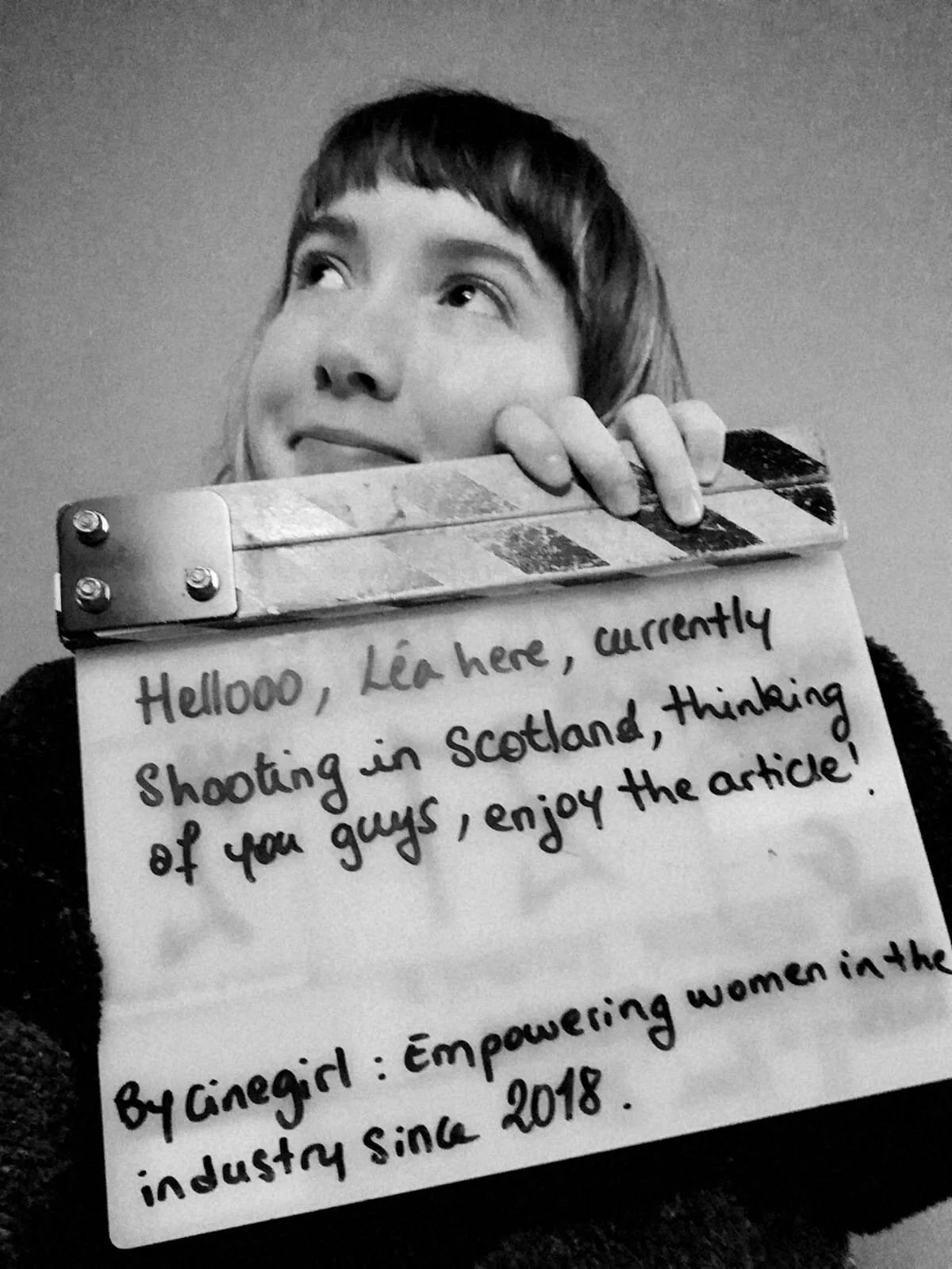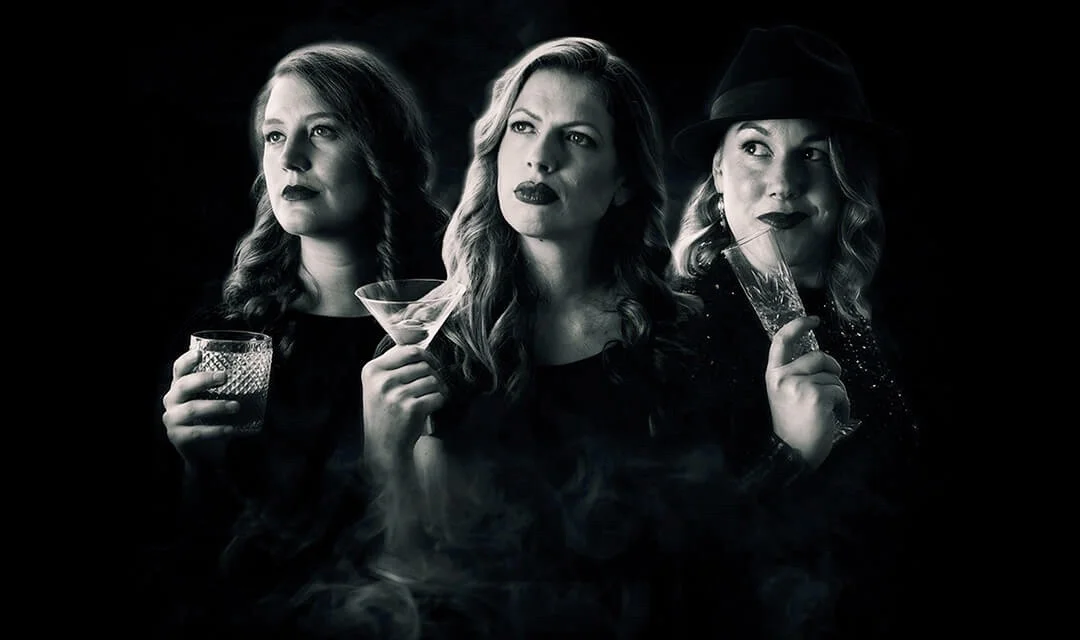Meet Rosa Mercuriadis and the Sick Sad Girlz
Rosa and I don’t meet in person. We’re both Sick Sad Girlz, so we schedule a phone call. I like to think that she’s the same as me, snuggled under a blanket in her pyjamas, surrounded by used mugs. I don’t ask because that would be weird.
Rosa’s Instagram account @SickSadGirlz has hugely changed the way I view my chronic illness. She, alongside co-creator Kenzie and artist Laura Beth Schneider, ask women to send their stories of sickness, whether that’s mental, physical, or the common and inevitable culmination of the two. The result is a joyous, empathetic community of Sick Sad Girlz who finally have an outlet.
“I am a lifelong Sick Sad Girl” says Rosa, when I ask her how the project began. “I’ve always been sad. I got sober when I was 18 and was diagnosed with lupus at 22. Getting sober taught me to reach out to fellow alcoholics and find common grounds. I have a great community of women in my own life but I realised that I was averse to the internet because I didn’t see myself on there. It felt important to create that space for myself and as an act of service for every girl that felt like me. I shared my own story and it took off quickly because of some more famous faces in the group.”
One of these famous faces is Lena Dunham, who lives with a combination of illnesses including endometriosis and fibromyalgia – female pains that have been historically overlooked. I tell Rosa that, for me, Lena is iconic in the way she speaks about illness. I remember a scene from Girls where Hannah has a UTI, and I’d never seen such a common and predominantly female ailment mentioned so casually on TV. “Lena’s got a real thing about honesty” says Rosa. “That is a Sick Sad Girl act. It’s hard to be that transparent. If she can, why can’t we all?”
It’s taken Rosa some time to be open about illness. “Sobriety encourages honesty”, she says. “When I was diagnosed with lupus, I mourned for the way I felt. All I’d wanted for years was a real diagnosis and then when I got it, I was terrified. Being told you have a chronic illness feels like a bizarre interaction with foreverness. Accepting being chronically ill forces you into a place of living your truth daily.”
I tell Rosa that I’ve been living with Inflammatory Bowel Disease for almost four years, but without a full diagnosis of Ulcerative Colitis or Crohn’s Disease. Last month, I was finally diagnosed with UC, but I’ve been calling it Crohn’s over the past year so people understand the severity. Now, I feel as though I’ve been dishonest. “It all makes you feel so crazy”, Rosa sympathises. “Most of these chronic illnesses create an area of uncertainty and confusion to make you look like a healthy person and feel horrifying all the time. Believing women and coming to terms with illness being the norm is hard for people.”
But why are women often overlooked when it comes to illness? “It's literally in medical textbooks”, Rosa says. “Some are still being used for kids in med school. They say that women are over exaggerating. Some are racist, too. They say that black women have a low pain threshold. It’s no wonder that some doctors don’t believe us.” But Rosa knows we must do something. “If all us Girlz can stand up and talk about how we feel, then that will change things.”
And sharing is in the nature of Sick Sad Girlz. “Every day I get messages from Girlz who say the account has changed their life. They’ve never met another girl who feels like them and they’ve had no one to talk to. That’s hope. It’s doing what I intended.”
@SickSadGirlz has changed the way I use and view social media. Being sick in the modern world can be complicated. I might cancel on a friend when I’m not not up to it, and then I feel guilty for sharing something the next day. I don’t know whether to post that I’m ill, to keep off social media altogether, or to pretend that everything’s fine. “I think the internet could be great, but it’s about how we use it”, Rosa philosophises. “So much of the way Instagram makes you feel is a low-grade reaction. You think oh she’s so pretty, and that leads to thinking she’s so much prettier than you. I want to follow accounts that make me feel good instead of creating this negative reaction. The great thing about the internet is that we can connect. We can wake up as Sick Sad Girlz and find each other. I’m not going to solve climate change, but the account is my attempt at getting people to use the internet better.”
Rosa’s doing her bit, but what can other people do, particularly in creative industries? “We should be paying young creative people”, she says firmly. “It’s a historic problem in creative industries because employers know they’re giving someone their break into the industry. It’s a system I went through. It’s silly that companies with massive budgets don’t pay young talent. But being the person who decides to give a paying job is a great thing.”
Working is never easy, but as a chronically sick person, it can feel impossible. Creative industries are great because you can set your own hours, but you’re not as supported. You’re on your own without pensions and sick leave, and that’s scary. Rosa’s got a beautiful take on it, though. “People who live with sickness are forced into creativity because we can have creative fulfilment and make our own schedules. I work in music, and I’ve realised that everyone here is either a bit sick, sad or mad. There’s a reason all these people ended up being talented.”
And Rosa’s talents are taking her places. She wants to make a podcast for the Sick Sad Girlz next. “We’re figuring out how that would look – I want it to be community-based and have various people involved. It’d be nice for the Girlz who can’t read the posts to have a relationship to what we do, too. I’m confident that Instagram has gotten us pretty far for people with disabilities, but if reading the post isn’t an option for some people, then it’s limiting.”
Rosa’s aware of other issues, too. “We got a message recently from a non-binary person, asking to change the bio to make the account more open. I’m so down. Being a Sick Sad Girl is a state of mind. These are words used to diminish us. You’re Sick, you’re Sad, you’re a Girl. We’re taking ownership. The account is for people who have been through something – a journey – and if men want to start showing up and saying how sick and sad and girly they feel, we’re here”.
It’s been an amazingly cathartic chat, and Rosa’s keen to get more people to share their stories. She tells her Sick Sad Girlz, “I love you and I’m so happy that we’ve found each other. Come to @SickSadGirlz and tell us where it hurts. I respond to everything”.
She does. My story was shared last year.






